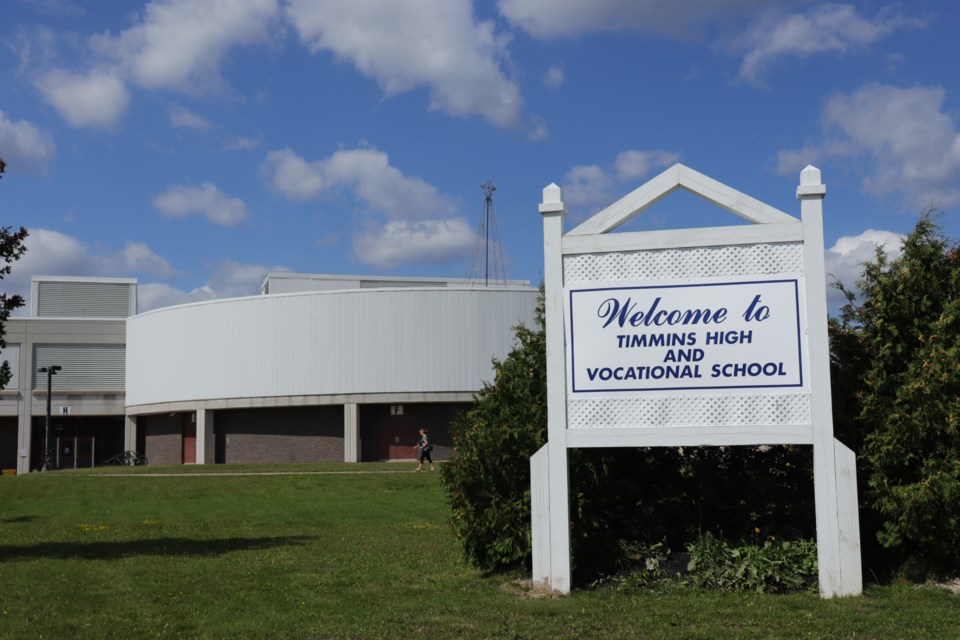Students have a greater success rate when they learn multiple languages, says the director of education.
This year, District School Board Ontario Northeast (DSB1) is increasing the number of schools offering Cree and Algonquin language classes.
In Timmins, the Cree language is now being taught at Timmins High and Vocational School, R. Ross Beattie Senior Public School and Schumacher Public School
It's also part of the curriculum at Cochrane High School, Cochrane Public School, and Diamond Jubilee Public School, and Kapuskasing District High School. At Timiskaming District Secondary School there will be an Algonquin language class.
Any student who is interested in learning the languages can take the course, said DSB1 director of education Lesleigh Dye.
"We are very committed to our students who identify as Indigenous, and part of who they are in their language. However, it is not available at all schools," said Dye.
There are 83 elementary and 95 secondary students registered for the language classes teaching the N dialect of Cree, also known as swampy Cree.
"Students who learn multiple languages have greater success in school. Students who learn their Indigenous language can maintain ties to their culture, affirm their identity, and preserve connections with older generations," said Dye.
Apart from learning letters, writing, reading and communication, students also learn cultural teachings.
Elementary students can choose to take either French or Cree language courses. For high school students, the Cree classes would meet the requirement for the one language credit needed to graduate.
Dye believes more people are learning the Indigenous language because of the connection with the culture.
"We know schooling is only one way for students to learn their own language. Some of the students live in their own nation, where they can learn from the family or elders," she said.
The school board recognizes the need to take action to start the journey towards truth and reconciliation, she added.
"Indigenous communities are oral societies and hold the knowledge that has been amassed for millennia. Colonization and forced assimilation looked to make Indigenous languages extinct. DSB Ontario Northeast recognizes the need to take action and in order for students to be given the opportunity to recover, reclaim and maintain First Nations languages," she said.
While the Cree classes have started, the Algonquin language course will start next semester.
"Unfortunately, the staff member who is going to teach is no longer with us," she said.
DSB1 is funding this program.



